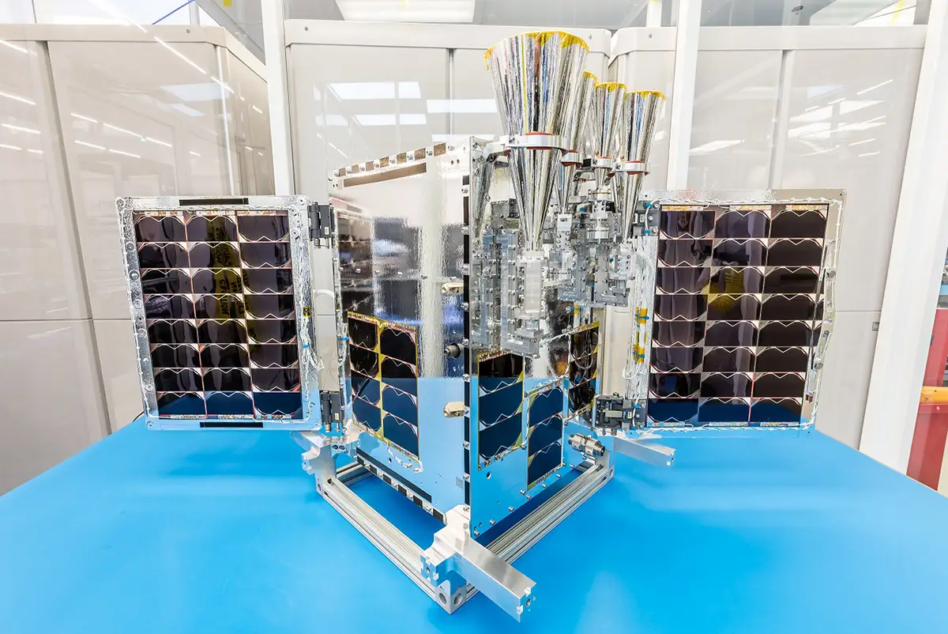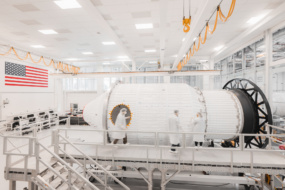Telesat’s ($TSAT) LEO broadband plans are back on track. On Friday, the company announced a $2.1B CAD ($1.6B) contract with Canadian space tech company MDA ($MDA) to build 198 satellites.
The deal puts an end to Telesat’s previous plan to build its constellation using slightly larger satellites from Thales Alenia Space, which has been beset by supply chain issues and delays. The switch to MDA is saving Telesat ~$2B, the company said in a statement.
Lightspeed
Telesat plans on bringing ultrafast, ultra-secure comms to enterprise and government customers through its planned Lightspeed constellation, which is the largest commercial space project undertaken by a Canadian company.
Telesat has secured $2B in funding commitments for Lightspeed, and is providing $1.6B in its own equity commitments.
- The first 156 satellites needed to get its initial service up and running are fully funded.
- Telesat expects the revenues from that initial service to fund the remainder of the constellation.
- MDA’s contract includes the option for an additional 100 satellites on top of the first 198.
The first Lightspeed launches are slated for mid-2026, and service is expected to begin by the end of 2027. Telesat CCO Glann Katz told SpaceNews that those launches are already contracted, but didn’t provide additional details.
Business is booming
Telesat also reported its Q2 earnings on Friday, revealing profits of $519.9M CAD ($386.3M). The company’s stock jumped more than 45% the day the contract was announced, and is currently up ~62% since Friday before market open.
MDA’s stock surged, too, since the contract with Telesat is the Canadian tech company’s biggest deal yet. It’s trading up ~24% since Friday morning.
- Telesat CEO Dan Goldberg noted in the earnings call that MDA’s digital beam-forming tech, which is intended to increase the efficiency of inter-satellite links, is now “sufficiently mature” to be used.
- That tech will allow Telesat to triple the number of beams per satellite, Goldberg said.




